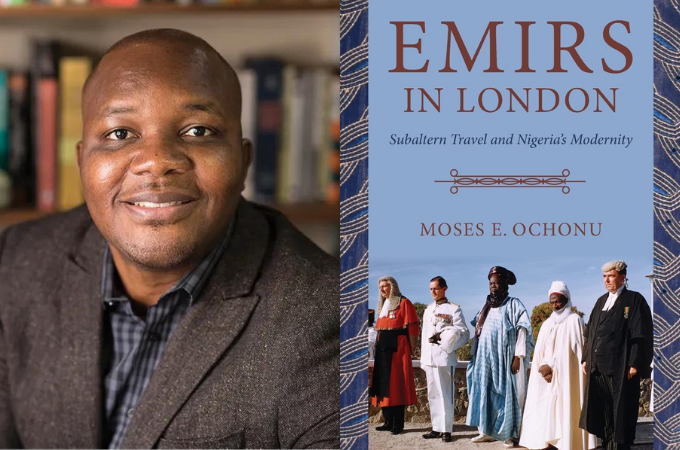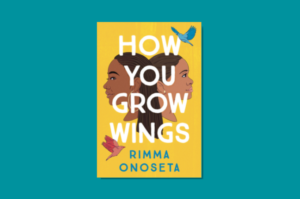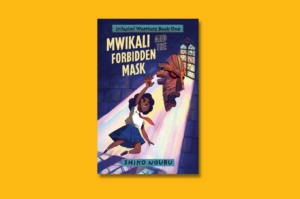
Emirs in London: Subaltern Travel and Nigeria’s Modernity by Moses Ochonu looks at a fascination but under-explored part of Nigeria’s colonial history. The story of colonialism in Northern Nigeria is a story of cultural dispossession. Muslim aristocrats like everyone else living in colonial times saw their place in society disrupted. They saw their world dismantled and forced under colonial hierarchies where European culture was placed at the very top. This story of dispossession, while being accurate, does not fully represent the complex network of forces shaping northern Nigerian life in the early to mid 20th century.
As Ochonu reveals in the book, this was also a period during which Muslim aristocrats travelled to Europe and returned home to tell their story in ways that greatly influenced their culture. They wrote about their experiences in a body of autobiographical writings. In Emirs in London, published by Indiana University Press in April, Ochonu looks at the cultural forces that inspired these travels, but, more importantly, how the documentation of these travels in various kinds of life writings contributed to the emergent literary scene in Northern Nigeria.
Ochonu is a professor of history at University of Vanderbilt and has written extensively on northern Nigerian history. Emirs in London is his fourth book and captures the changing cultural landscape in northern Nigeria at the turn of the 20th century. For example, the stories that these aristocrats told about their experiences in London could only have taken place in a context where the cultural significance of writing was shifting. For these writers and their audiences, writing and reading were beginning to change from things you do in a religious context to things that were part of a general literary experience.
This is also an interesting moment in relation to the evolution of the novel in Nigeria. Especially in the early 1920s, the novel had not yet taken a solid foothold, not because there were shortages of storytellers but because something about that particular historical moment demanded a different approach to literary expressions.
Unlike fiction, nontravel biography, poetry, folktales, and oral performative literature rendered in text, narratives of travel to the imperial metropole intersected poignantly with a widespread desire to know the colonizer. In a colonial setting, discerning the ways of the colonizer had a utilitarian value that, when combined with the imperative of aesthetic satisfaction, produced a travel-animated literary form that was capable of enthralling a broad range of literate subalterns.
In their travels, northern Nigerian aristocrats offered a glimpse into colonial culture. Their readers could relate to these writings, which they saw as being helpful for figuring out ways of living and being in a colonial world. It gave me them an insight into the mind of the colonialist. The book also charts the ways in which the meaning of these travels changed over time. By the 1960s, visiting the UK became “a political and social rite of passage” for northern Nigerian elites.
Emirs in London gives an intimate account of an intriguing facet of northern Nigerian life. It shows how the lives of northern Nigerian elites intersects with the growth of literary culture as well as shaped political identity and culture.
**************
Buy Emirs in London: Subaltern Travel and Nigeria’s Modernity: Amazon | Bookshop









COMMENTS -
Reader Interactions